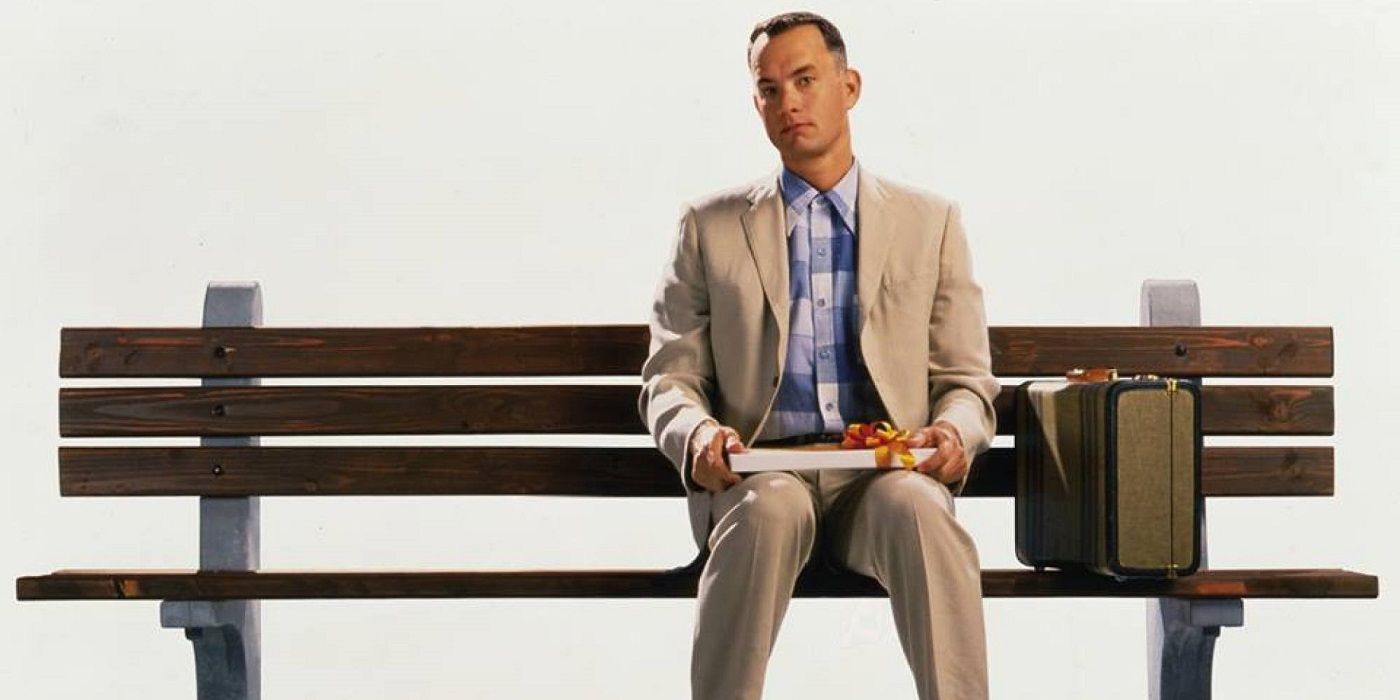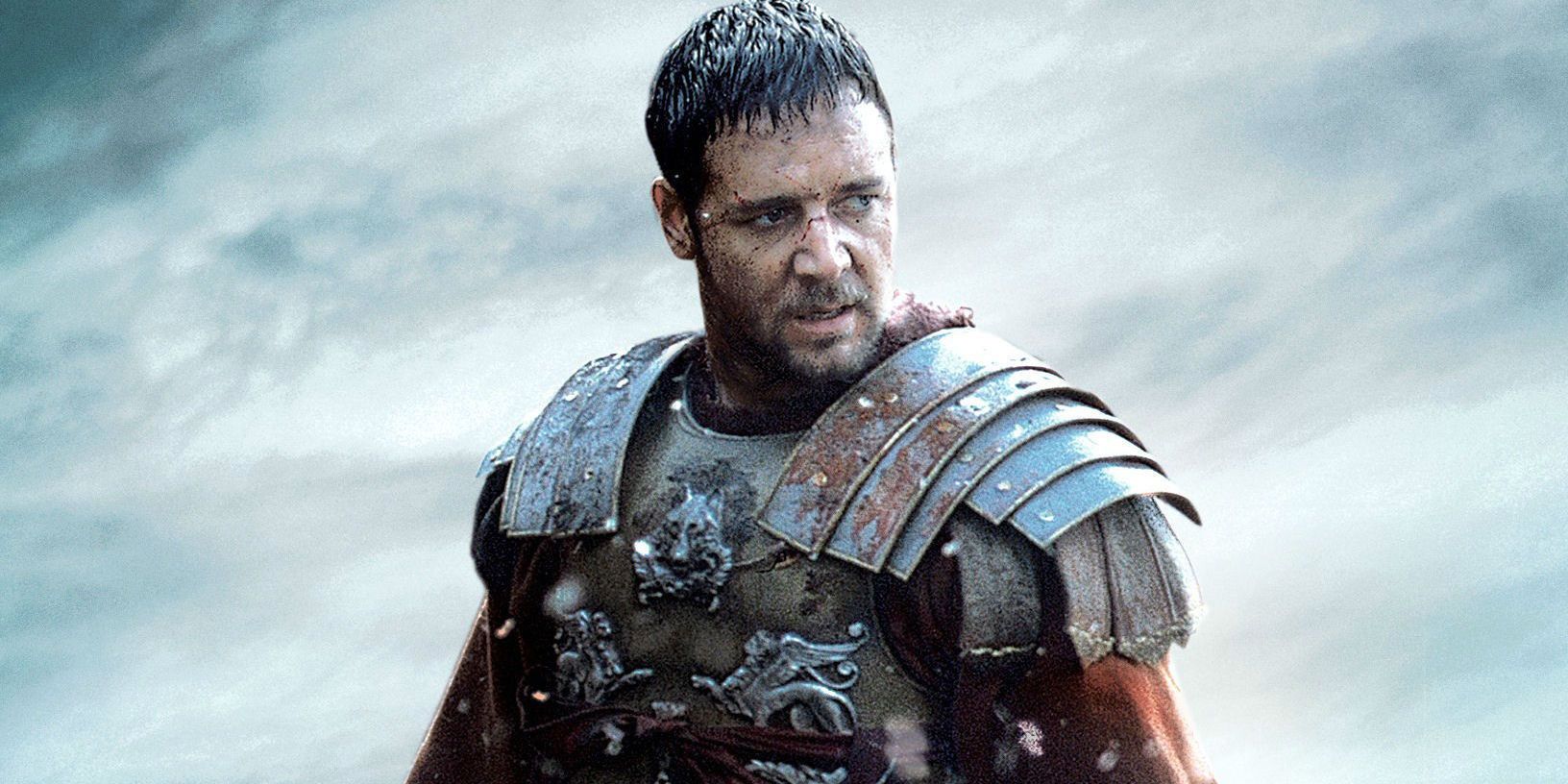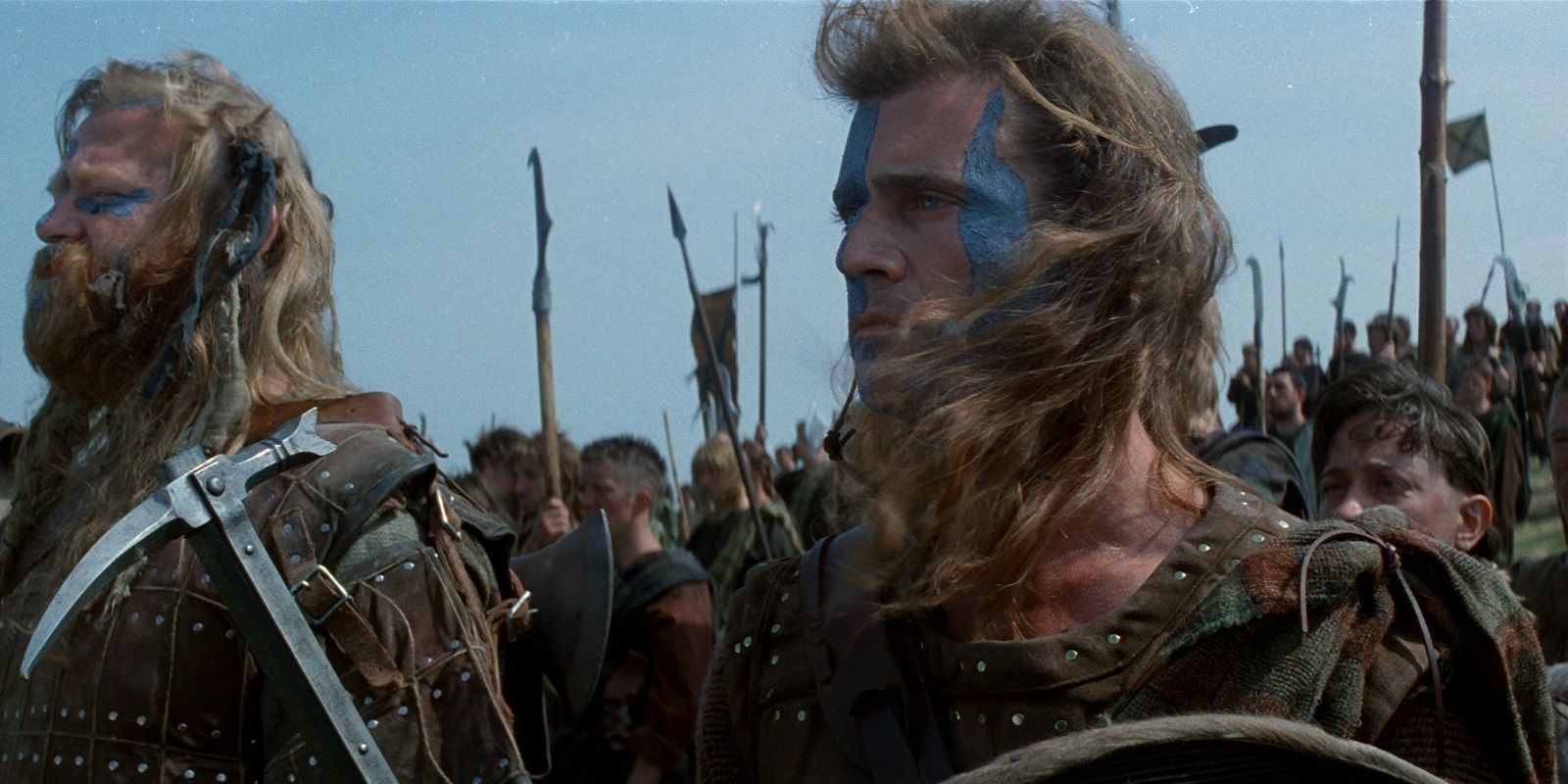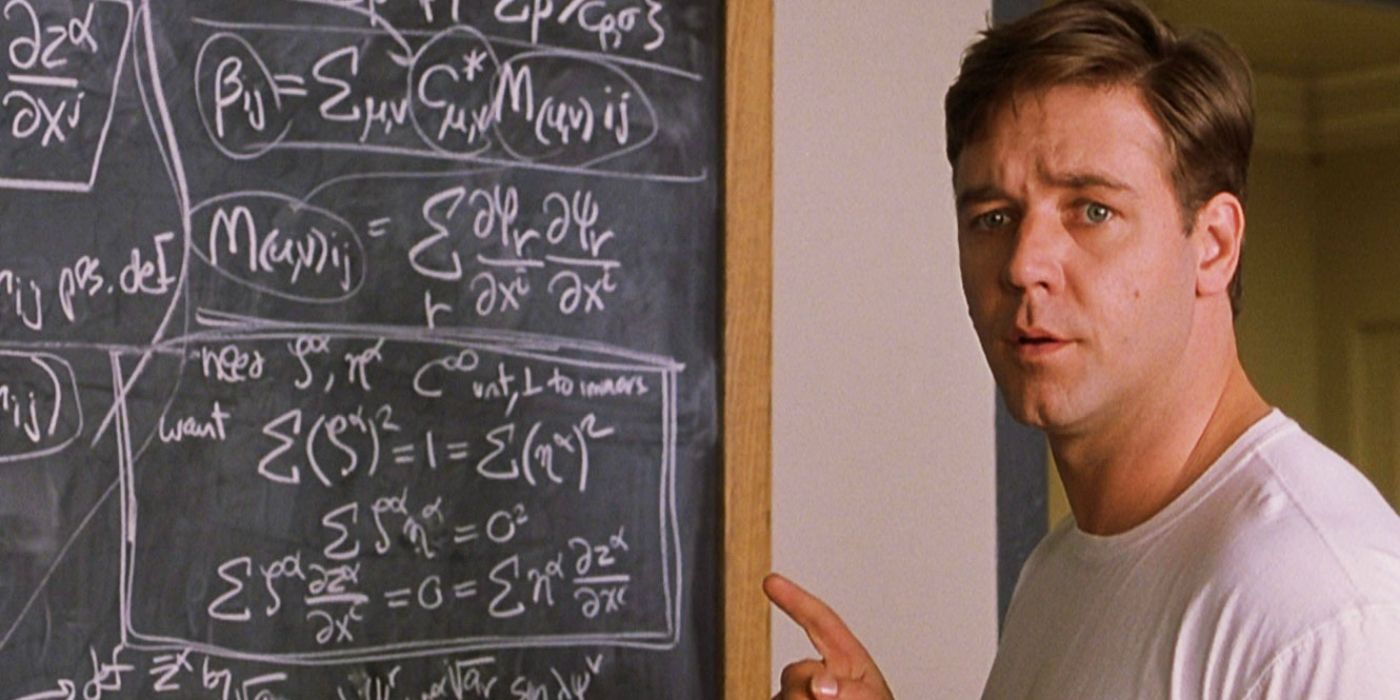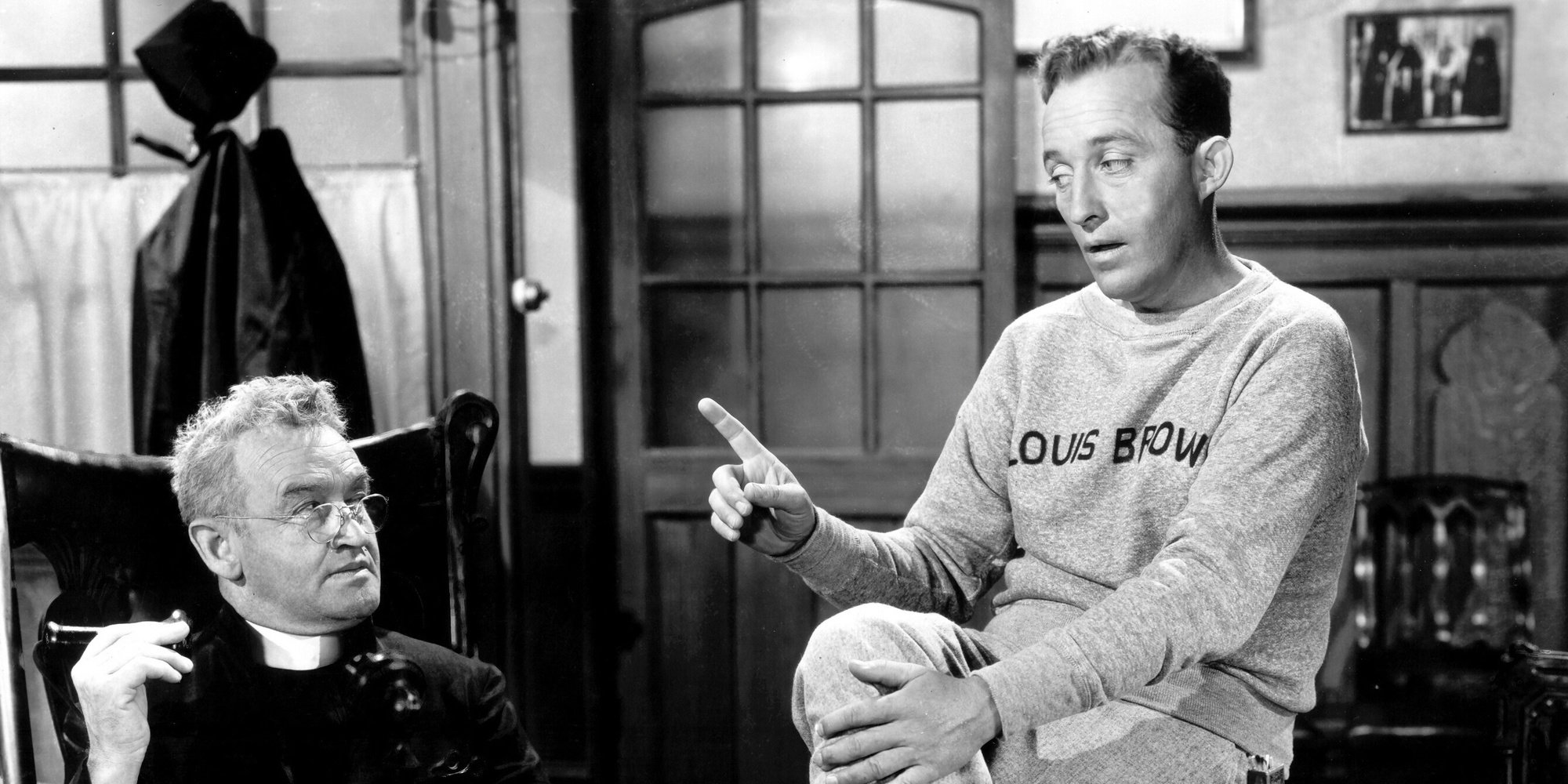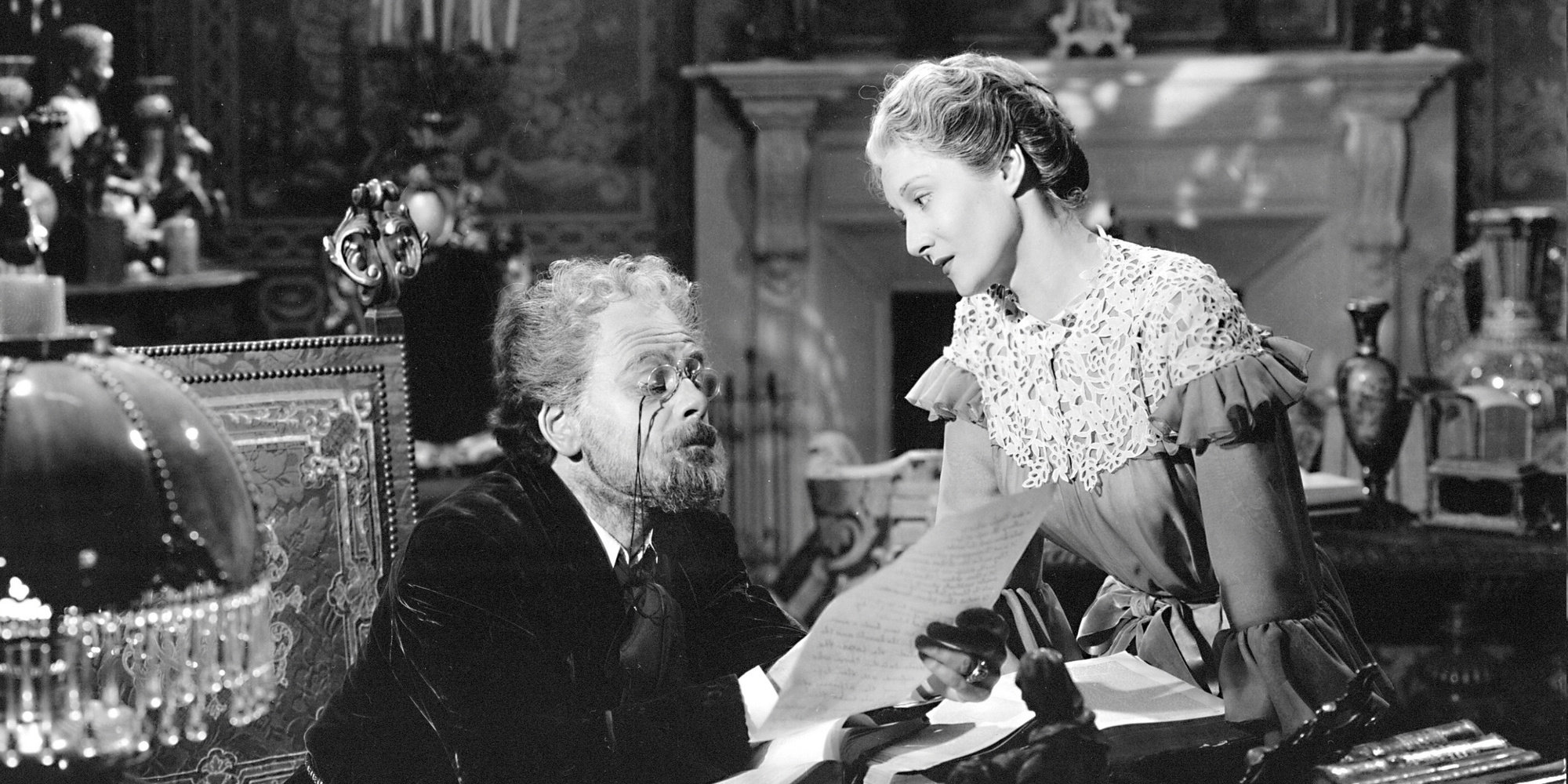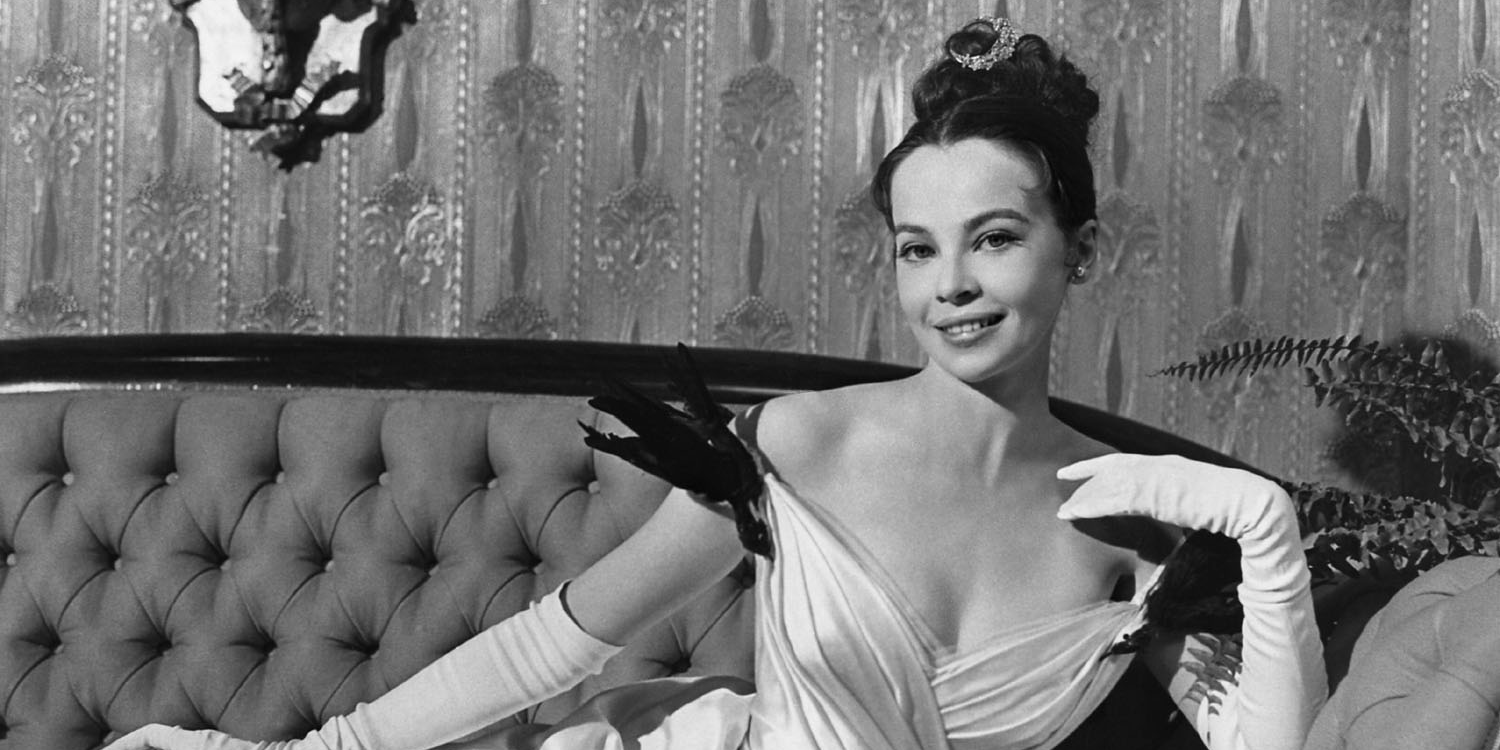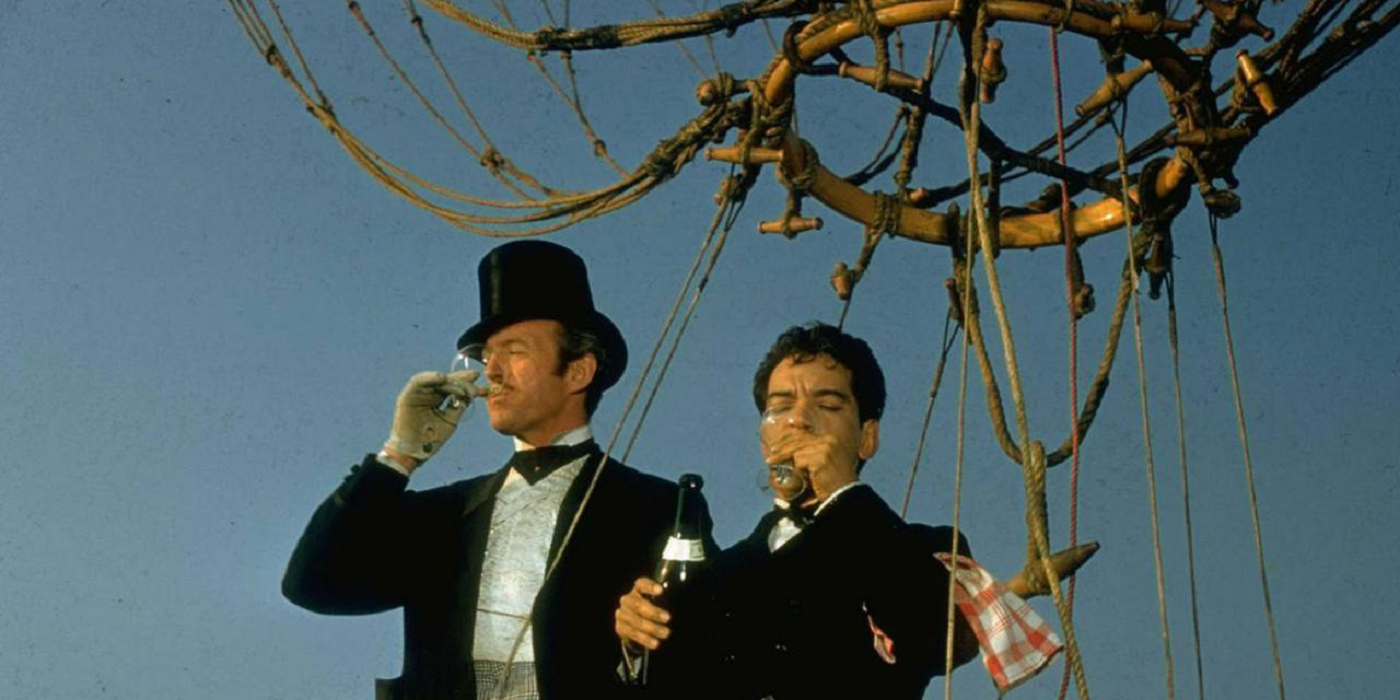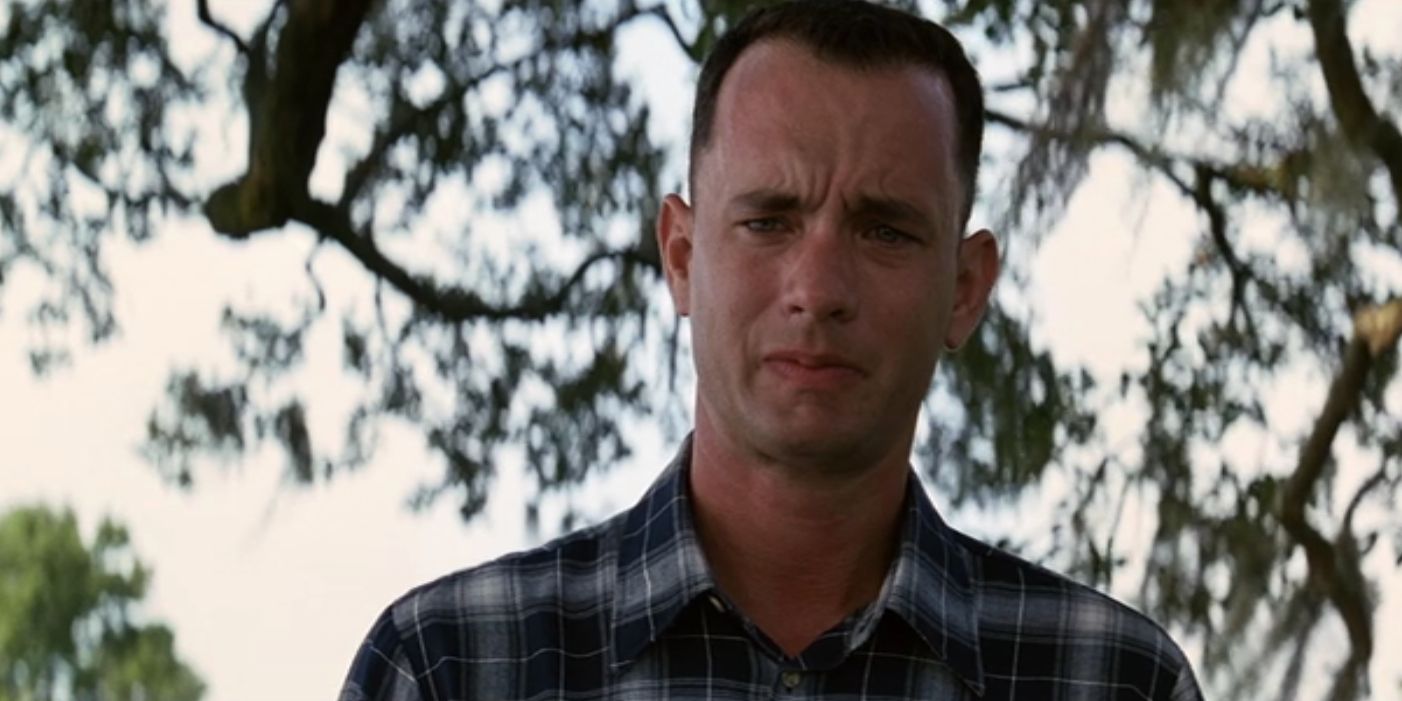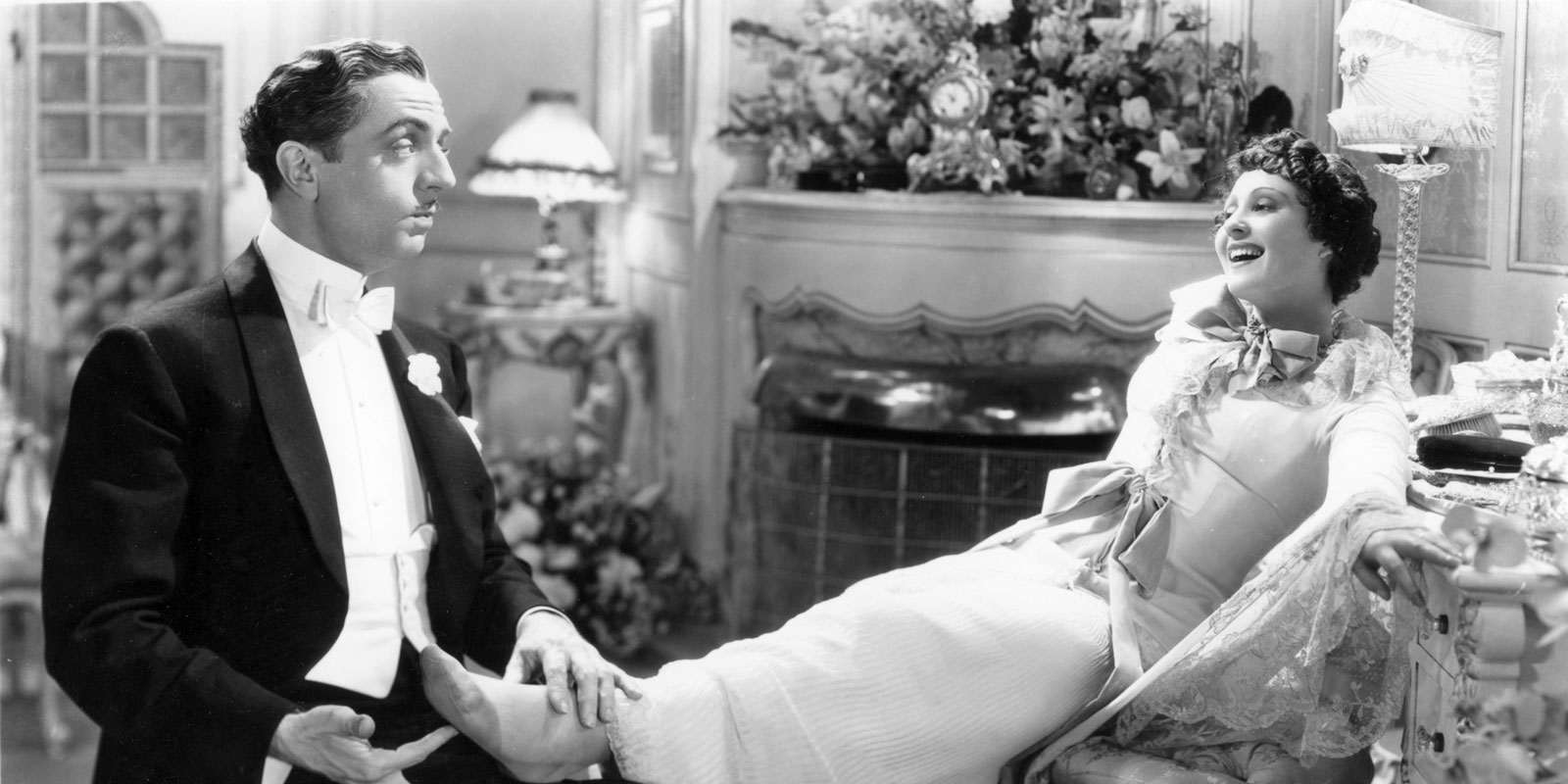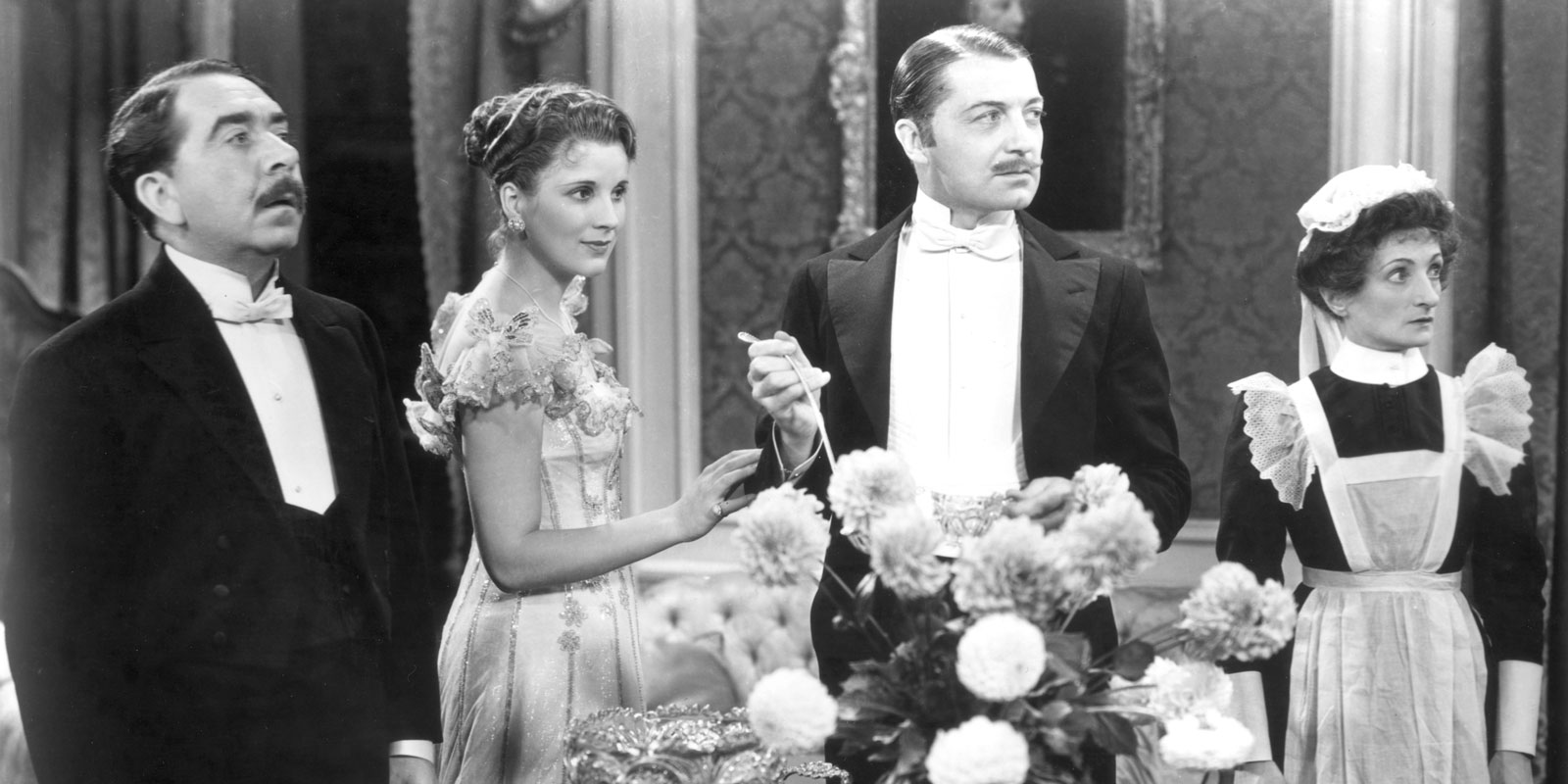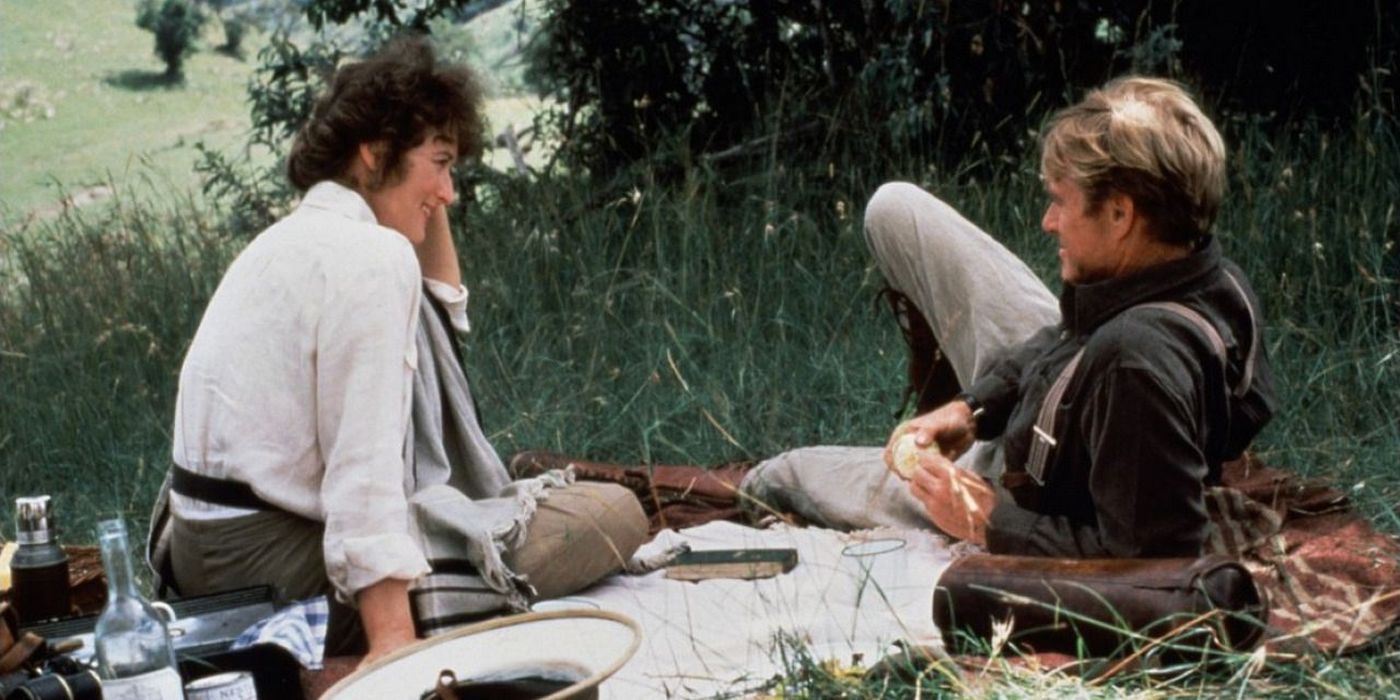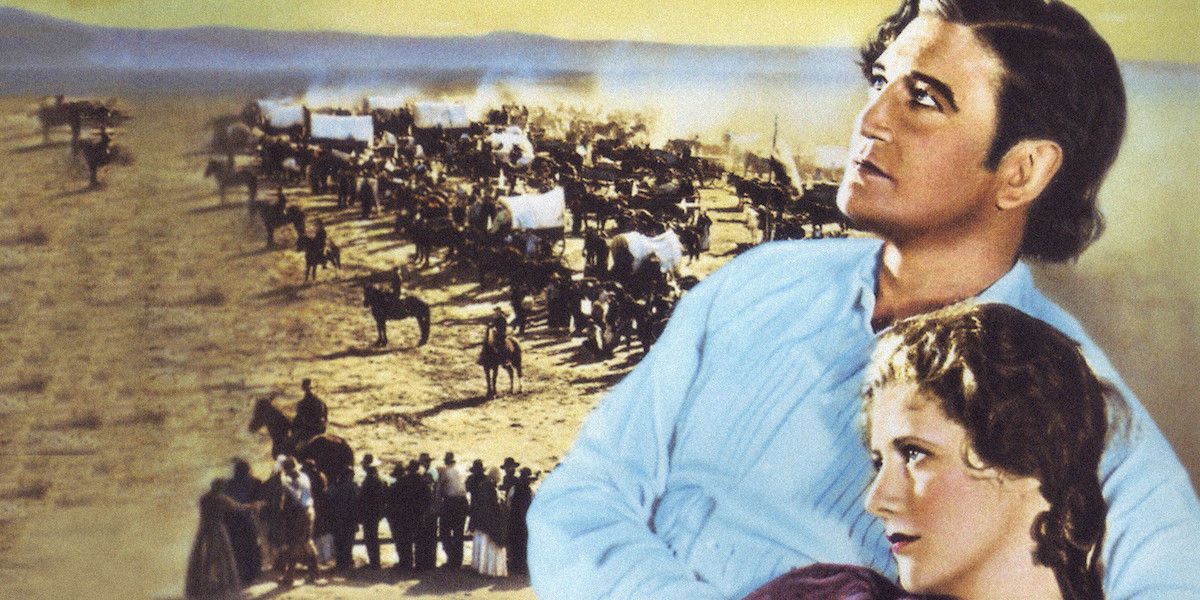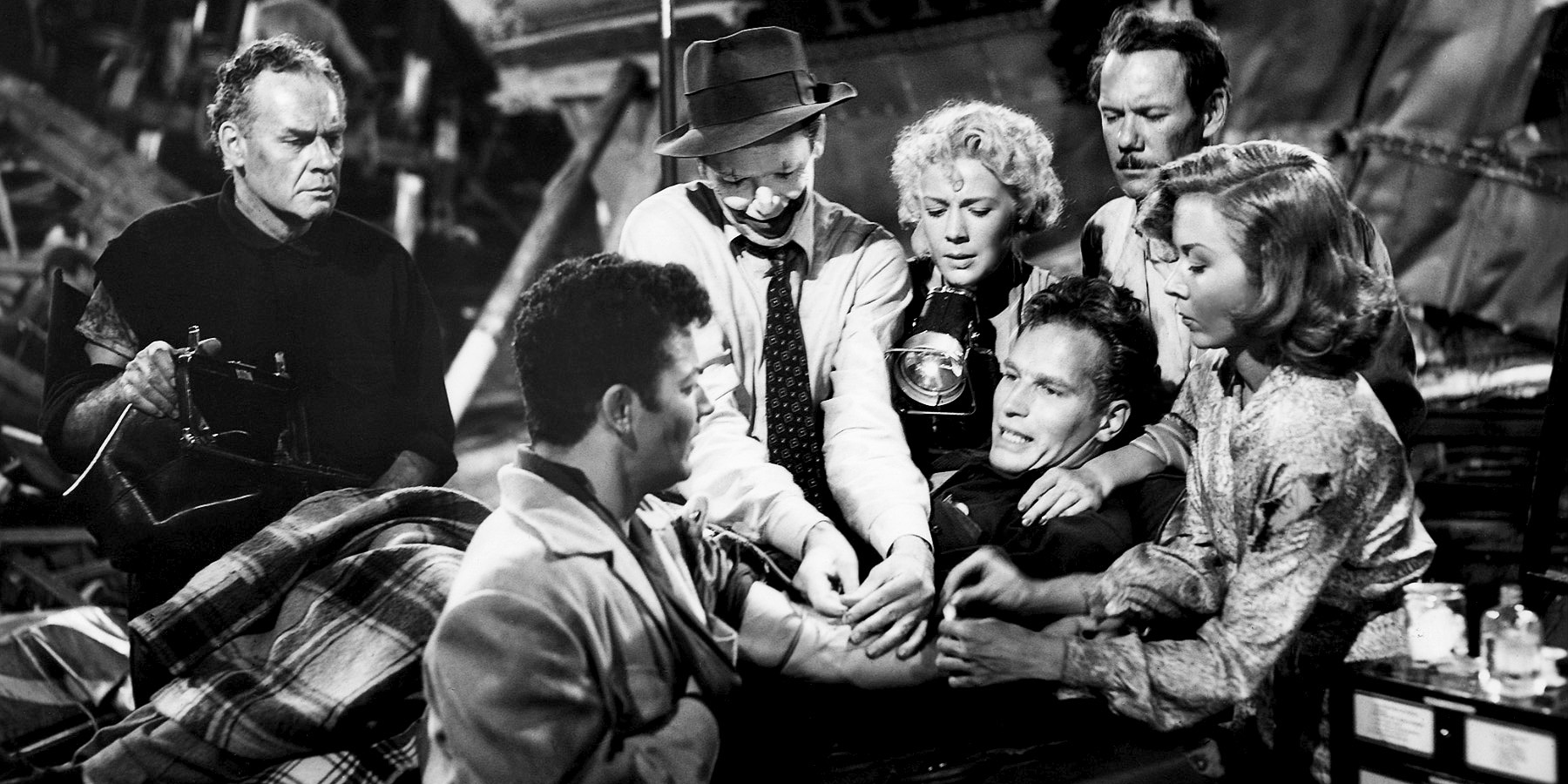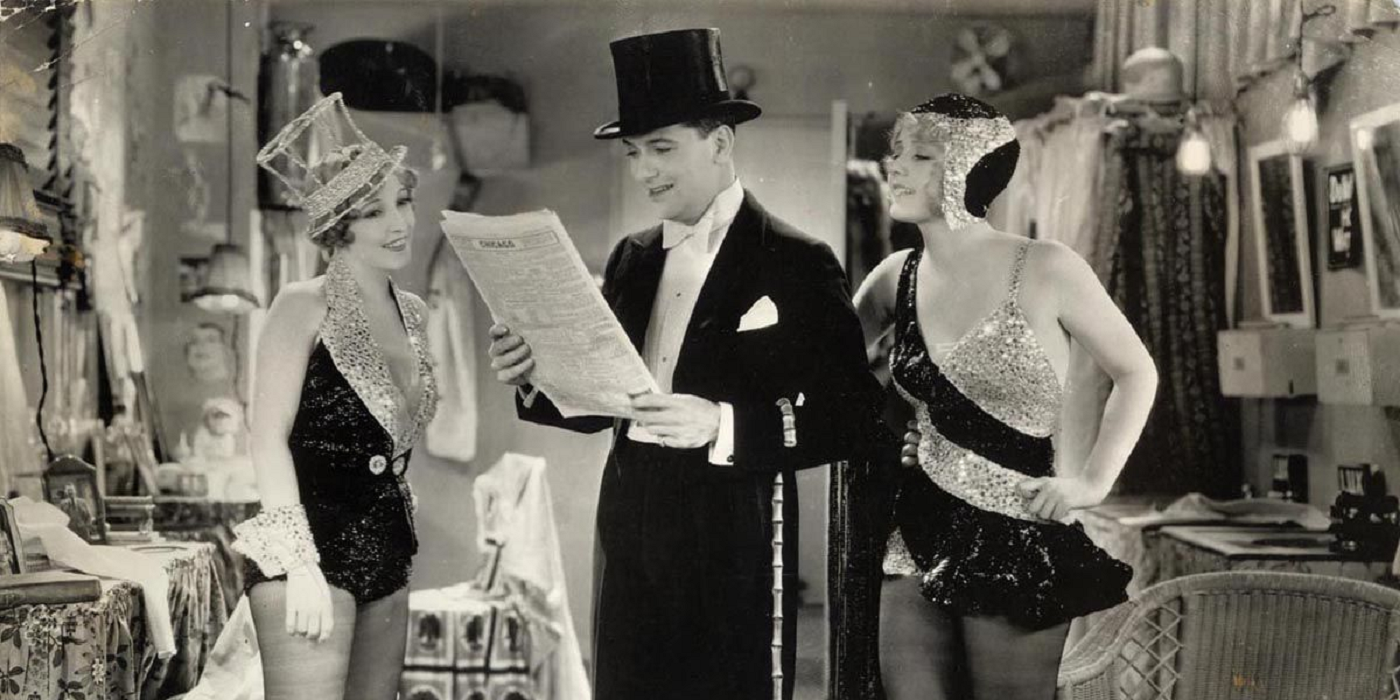The Oscars don’t always get it right. Sometimes, that’s true in less-remembered categories like Best Visual Effects, or even an acting category. These wins are regrettable, of course, but they are also much more quickly forgotten. Unfortunately, the Academy also tends to get it wrong with its top prize, Best Picture. Some of the films to take home this award haven’t exactly been masterpieces, and many of them weren’t the most critically acclaimed film of the year they were released.
Of course, the Academy got it wrong most frequently early on in its run, but it’s still made some major errors in the more recent past. Rotten Tomatoes, the reliable aggregator of critical opinion, has a rating for every Best Picture winner, and some of them are shockingly low. This list is compiled based on these films’ adjusted scores, which differ slightly from their raw percentages. These films are the worst of the best, if you will.
Here are the Rotten Tomatoes' 15 Worst Movies That Won Best Picture Oscars.
15. Gladiator - 76%
Russell Crowe starred in two Best Picture winners back to back, and Gladiator was the first of these. The movie follows Maximus, a Roman general who is betrayed and loses his entire family in the process, as he seeks justice for the crimes that were committed against him. While the film is undoubtedly action-packed and offers some intense fight scenes, critics were hardly united in their feelings about the film.
Many critics found much to love in the sense of political intrigue that lay beneath everyday Roman life, and admired the way director Ridley Scott integrated this intrigue with truly terrifying gladiatorial sequences where Maximus is forced to fight for his life.
Still, like many on this list, the film runs long, and comes with a sense of sentimental flare that is probably unneeded. There’s certainly a lot to love in Gladiator, but that doesn’t mean we have to love everything.
14. Braveheart - 78%
Following the rebellion of William Wallace and the Scottish people against the crown of England during the 13th century, Braveheart proved to be something of a shocking turn for star and director Mel Gibson. Gibson’s take on the material was surprisingly effective, and earned the film several Academy Awards, including Best Picture. While the film isn’t perfect, there’s much to love about the sprawling war epic.
In reviewing the film, critics praised the war epic for its ambition, and for providing enough thrills and romance to make a worthwhile experience for audiences. Still, several critics pointed out that the film is historically inaccurate at best, and also happens to be overlong.
The film’s hyper-violence also distracted some, who thought the film could have successfully depicted the same events without getting so gory. Still, the flaws are ultimately overwhelmed by the sheer scale of the project, and by Gibson’s wild ambition.
13. A Beautiful Mind - 75%
A Beautiful Mind is the second Crowe-starring film on this list, and it couldn’t be more wildly different from Gladiator. The film follows John Nash, a mentally unstable mathematician who has much of his life stolen from him by his disease. A Beautiful Mind is really about Nash’s ultimate triumph over his illness, as he eventually goes on to win the Nobel Prize. Crowe’s performance in the central role is one of his best-- the most nuanced and moving-- and critics tended to agree.
While praise for the film wasn’t as universal as it was for some other Best Picture winners, most critics agreed that the film’s flaws were compensated for in part by strong performances. The film manages to tell an engaging love story without losing sight of the debilitating problems that Nash faces, and uses the genius of its central figure to enhance its story instead of diminishing it.
12. Crash - 75%
Famously maligned as undeserving of the award, Crash makes several strange and somewhat alarming choices with regard to the question of race that is at its center. Of course, you only to look at the world to understand that Crash didn’t solve racism the way it seemed to be attempting to. Starring a sprawling cast, including Terrence Howard, Don Cheadle, Sandra Bullock, and Matt Dillon, the film argues that a series of chance encounters can make a true difference for the people involved in them.
While applause for the film wasn’t exactly unanimous, there were many who argued that its depiction of the disconnect between groups living inside of a single city was worthy of praise. Still, there were many more who believe Crash stole the Best Picture trophy from the more deserving Brokeback Mountain, including some critics. The film’s goals are undoubtedly admirable, even if the film as a whole isn’t capable of living up to them.
11. Going My Way - 78%
On its surface, Going My Way is about a Catholic priest who is trying to change the way his new church is managed. Starring Bing Crosby, the film focuses on the conflicts between the young priest and an older, more conservative priest who is uninterested in changing the way things are run. Set against the backdrop of two men fighting over faith, the film seeks to tell a story of the battle between traditions and new inventions inside of a failing church.
While Going My Way certainly has plenty going for it, including wins for Crosby’s performance and Best Picture, the film has a few flaws as well, at least according to critics. Most critics can’t fault the film’s sentiments, which are true and kind, but they also argue that the film suffers from something of an overdose of saccharine sweetness that may make it difficult to watch, especially for a modern audience.
10. The Life of Emile Zola - 75%
The story of a French author who is constantly censored by the French government he is living under, The Life of Emile Zola managed to snag the Best Picture Oscar at the 1937 ceremony. Starring Paul Muni in a deeply engaging performance, The Life of Emile Zola follows the author as he rises to prominence after publishing a novel focusing on the story of a prostitute. Although the film has interesting things to say about censorship and truth, it’s not a universally beloved film.
Critics viewing the film today don’t deny the earnest message the film attempts to convey, and they don’t attack the film for its writing or style. Unfortunately, in spite of all these factors working in its favor, the film doesn’t cohere into a single whole, and is therefore much more interesting as a philosophical exercise than it ends up being as a film in and of itself.
9. Gigi - 77%
One of many early Hollywood musicals on this list, Gigi is a romance set amidst everyday Parisian life, rife with the conventions innate to the culture of the time. Following a platonic friendship between two people who are both exhausted by those conventions that they find limiting, Gigi shows their relationship as it blooms into something a bit more romantic.
In the case of Gigi, many critics don’t begrudge the win, in part because it honored Vincente Minnelli, a director who was underserved by the Academy throughout his career. While many believe that Gigi is one of Minnelli’s lesser films, that doesn’t mean that it’s completely undeserving of the top prize. The film is praised for its charm, and for its wonderful visuals and music. The central performances from Leslie Caron and Maurice Chevalier are also key here, and they’re part of what many critics found irresistible about the film.
8. Around the World in 80 Days - 74%
Around the World in 80 Days adapts a Jules Verne novel, but doesn’t worry about being faithful to the text in the slightest. Instead, the film tells the rather light tale of a man who sets off to travel the world in 80 days. The film features locations that span the globe, and an absurd number of celebrity cameos as we visit various locations across the globe. Around the World in 80 Days is a fascinating film, in part because it feels more like a series of vignettes than a single, cohesive whole.
Critics seemed to agree with that sentiment, arguing that the film is wonderfully entertaining in part because of how empty the whole exercise seems to be. Indeed, there are some critics who shame the film for its shallowness, but others argue that it’s important to look past that, and pay more attention to the incredibly lighthearted ride that the film wants to take its audience on.
7. Forrest Gump - 72%
Robert Zimeckis’s movie about a seemingly simple man who makes an enormous impact on history is undoubtedly one of the most recognizable films on this list. Even so, that doesn’t mean it was a smash with critics at the time of its release. The film didn’t even earn the “Certified Fresh” distinction from Rotten Tomatoes, a badge of honor that signifies the critical consensus is positive.
But that doesn’t mean the film deserves to be dismissed in its entirety. Many praised Forrest Gump for how heartfelt it is, and argued that its sweetness and charm were usually enough to carry audiences through the film’s weaker moments. Still, many critics also argued that the film’s message was somewhat problematic, and that it may also suffer from an overwhelming amount of sentiment. On the whole, critics seem to agree that Forrest Gump would be more effective if it hadn’t tried so hard to move its audience.
6. The Great Ziegfeld - 65%
While musicals like La La Land may seem like anomalies in the modern movie landscape, they were much more common in the early days of Hollywood. One example comes to us from The Great Ziegfeld, the film that won the Best Picture Oscar following its 1936 release. The film is a loving tribute to Florenz Ziegfield, Jr., and depicts his many stage productions. It’s also an adaptation of a successful Broadway musical, and it was the pride of the studio system throughout much of the 1930s.
Critical response to the film has been decidedly mixed in the years since its initial release. The film is recognized for its stylish flourishes, but has been criticized for its length and for its employment of cliches. The film also came under fire for the historical inaccuracies that it depicted, and some critics have argued that the film is more interesting as a historical artifact than it is as a piece of entertainment.
5. Cavalcade - 59%
Another winner of an early Oscars ceremony, Cavalcade is an interesting example of a film that uses the period in which it’s set to tell its story. Telling the story of two couples, one well-to-do and one working class, it explores the way both families were shaped by the events of the early 20th century, including the sinking of the Titanic and the first World War. These trying times test the relationships between the couples, and is intended to be an interesting meditation on the way our social standing comes to define us.
Unfortunately, Calvacade's legacy is marred by less-than-unanimous praise. Although most critics agree that the performances are solid and the film looks good, they also claim that the film lacks a true feeling of emotion. There’s potential within the bones of Calvacade to tell a truly engaging story. Unfortunately, critics were disappointed with the final result, and ultimately considered it something of a failure.
4. Out of Africa - 56%
Despite winning seven Oscars in 1985, Out of Africa isn’t exactly regarded as a classic today. Although the film starred two bona fide movie stars, Meryl Streep and Robert Redford, there are still many, including some critics, who argue that it wasn’t worthy of the Best Picture award. About a Danish women who follows a man to a coffee plantation before falling in love with someone else, Out of Africa seems to tell an interesting love story about romance in foreign lands.
Critics who have reviewed the film since its release don’t debate the merits of the lead performances, which are undoubtedly winning. They also praise the film’s visual style, which manages to capture the wonder of the African plains. Unfortunately, the film is bogged down by its excessive length and its needlessly slow pace, both of which keep it from being the truly engaging film it might have been.
3. Cimarron - 53%
Another early Best Picture winner, Cimarron is a sprawling western that chooses to tell its story over the course of 40 years. Following a newspaper editor who decides to move west to Oklahoma with his wife, the film tells the story of their marriage against the backdrop of Oklahoma’s attempts to achieve statehood during the late 19th century. The pair are repeatedly separated and reunited over the course of the film, as Cimarron attempts to blend its western setting with a moving love story.
Unfortunately, critics today don’t see the attempts made by the film as entirely successful. Critics argue that the film is riddled with problematic stereotypes, and that although it features a strong supporting performance from Irene Dunne, it’s flawed in every other way a film can be. Overall, critics seem to think this early Best Picture winner was unworthy of the prize, both for the statements it made and its overall quality.
2. The Greatest Show on Earth - 44%
The circus is a topic rarely tackled by modern movies, and that might be in part because today’s filmmakers learned the lessons of The Greatest Show on Earth. This 1952 Best Picture winner follows Brad Braden, the manager of the Ringling Brothers circus who is forced to deal with a variety of problems over the course of the film. Starring Charlton Heston and Jimmy Stewart, the film isn’t discussed much today, which might suggest that its Oscar win didn’t actually cement its overall legacy.
The critical consensus that has emerged since the film was released suggests that, while the film does have certain charms, it’s bogged down by a variety of cliches and melodrama. The film is also surprisingly light on plot, and doesn’t provide much for audiences to hold on to. Instead, viewers are left floating in midair, almost as if they’re standing on one of the circus’s tightropes.
1. The Broadway Melody - 35%
One of the first Best Picture winners, The Broadway Melody is regarded rather negatively these days. The film, which won the top prize in 1929, follows a pair of sisters who attempt to take their act to Broadway, and quickly become entangled in a complicated mess of romantic relationships. The film has the distinction of being the first sound film to be awarded Best Picture, and it’s one that set the template for much of what Hollywood would eventually become.
Essentially, the film is a conventional romantic comedy, if you listen to the opinions of the critics who have reviewed it in the almost century since its release. These critics tend to acknowledge that the film is an interesting example of an early musical, but also point out just how uninteresting it is in almost every other regard. It may have won Best Picture, but that doesn’t mean it’s still remembered today.
---
What do you think is the worst Best Picture winner at the Oscars? Do you agree with the critics? Let us know in the comments!

